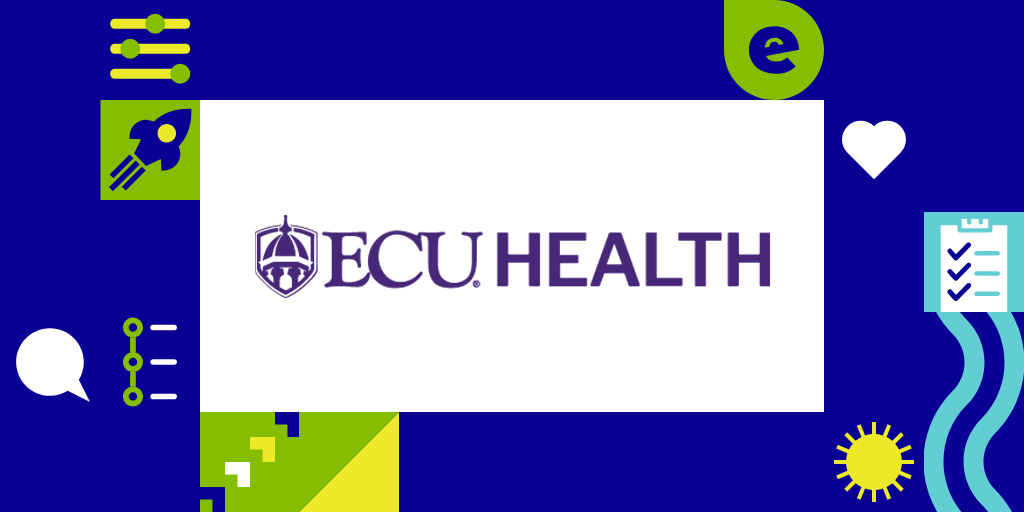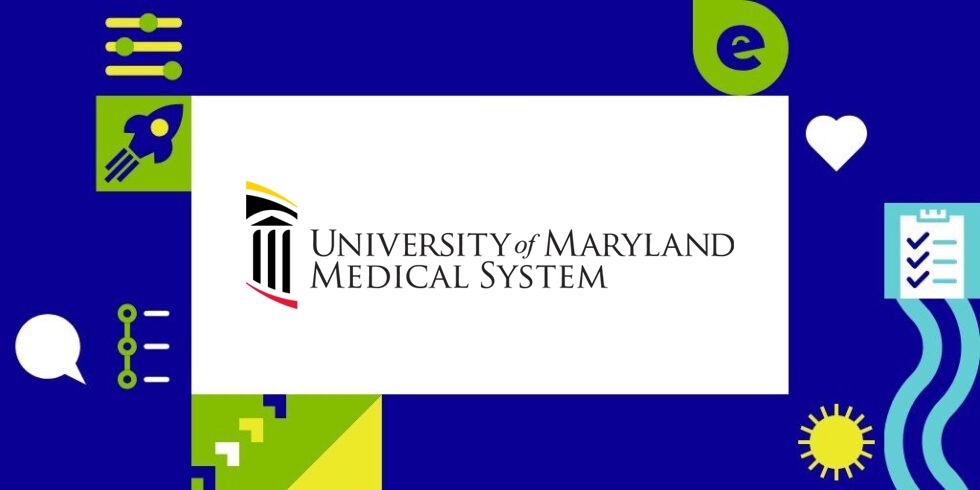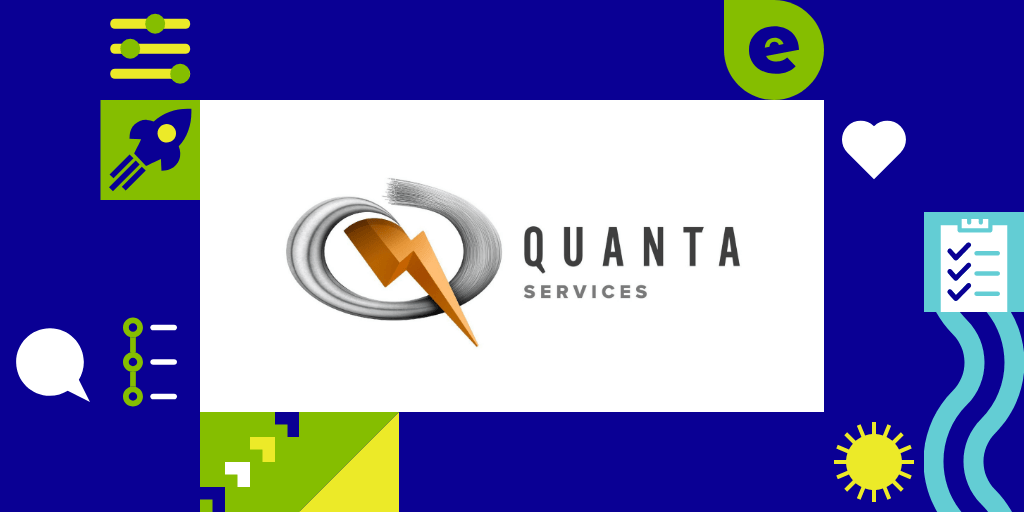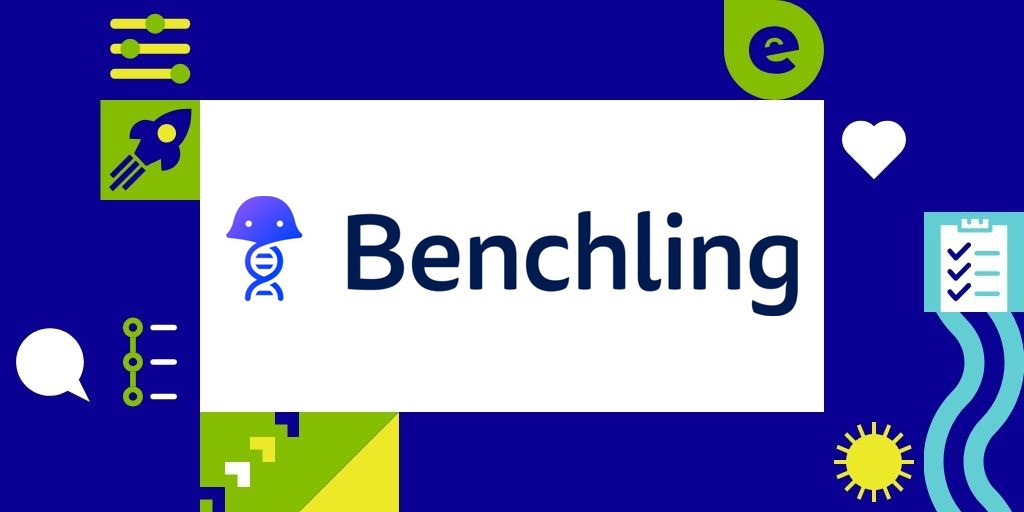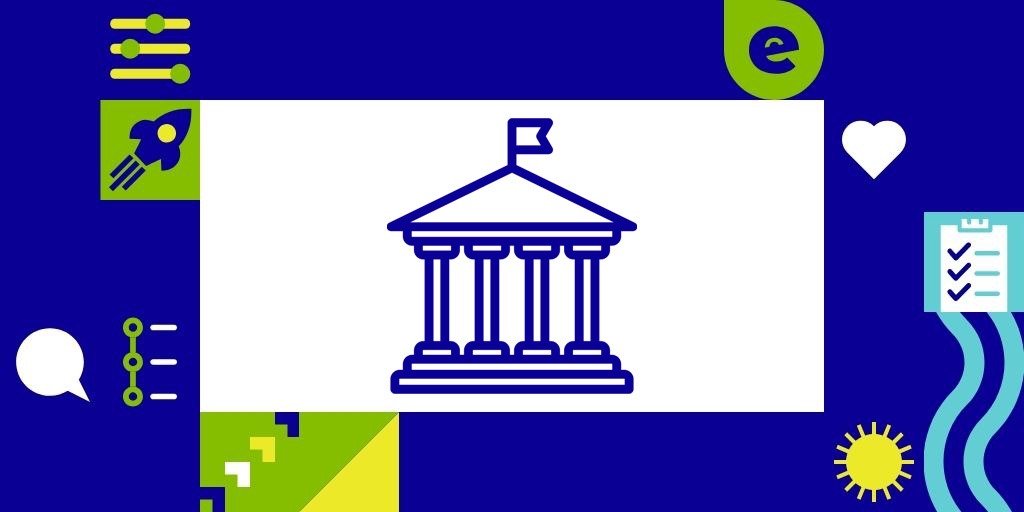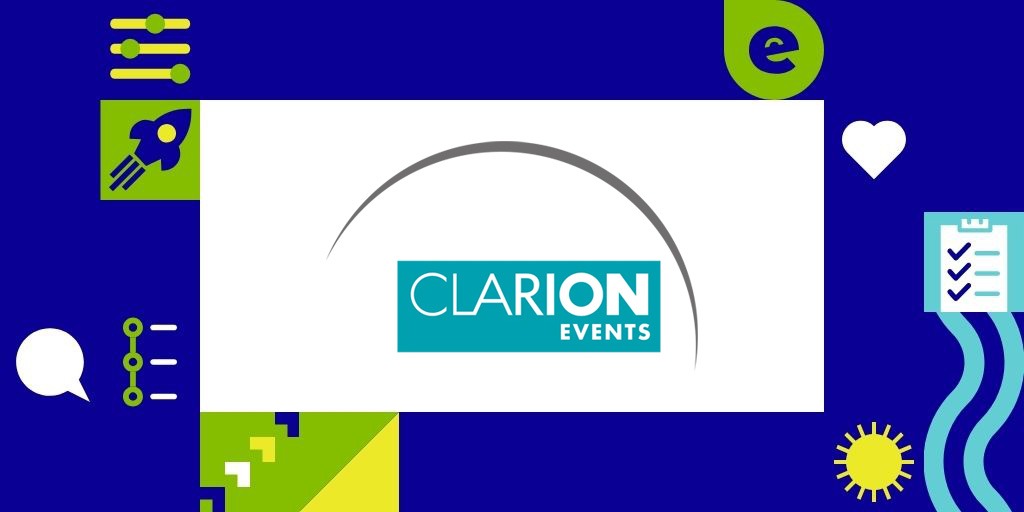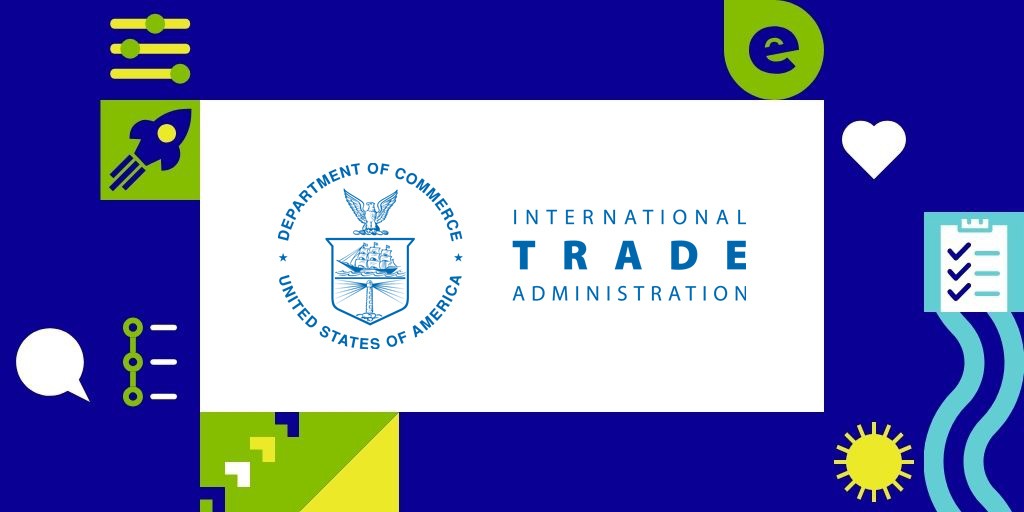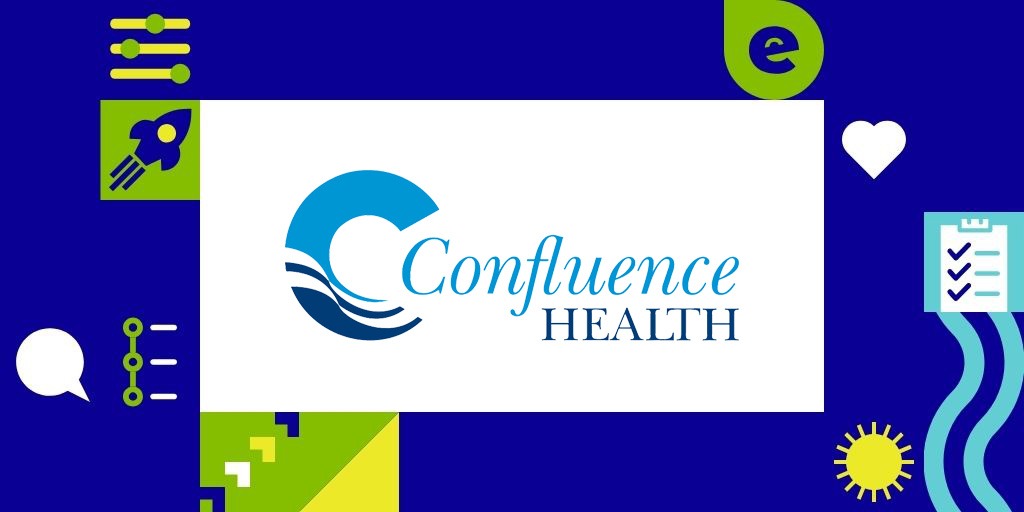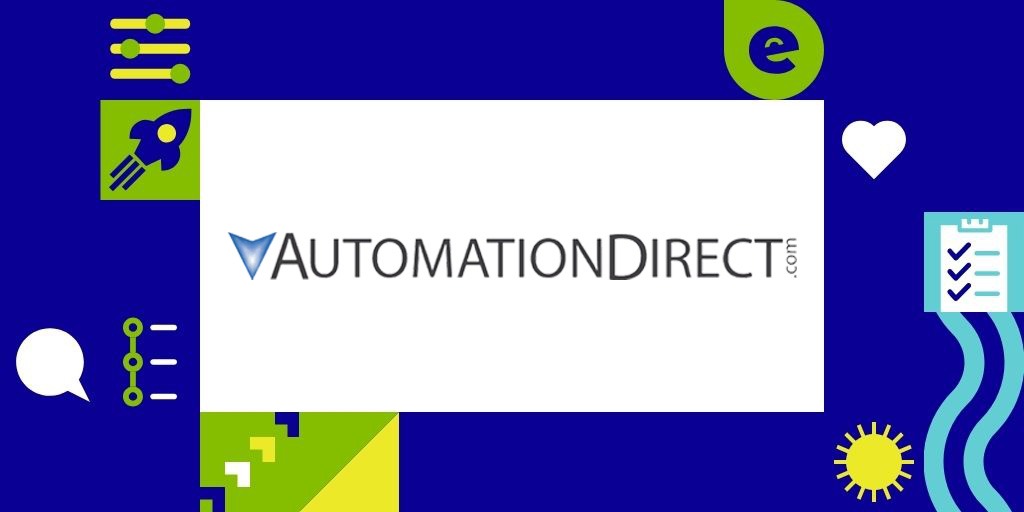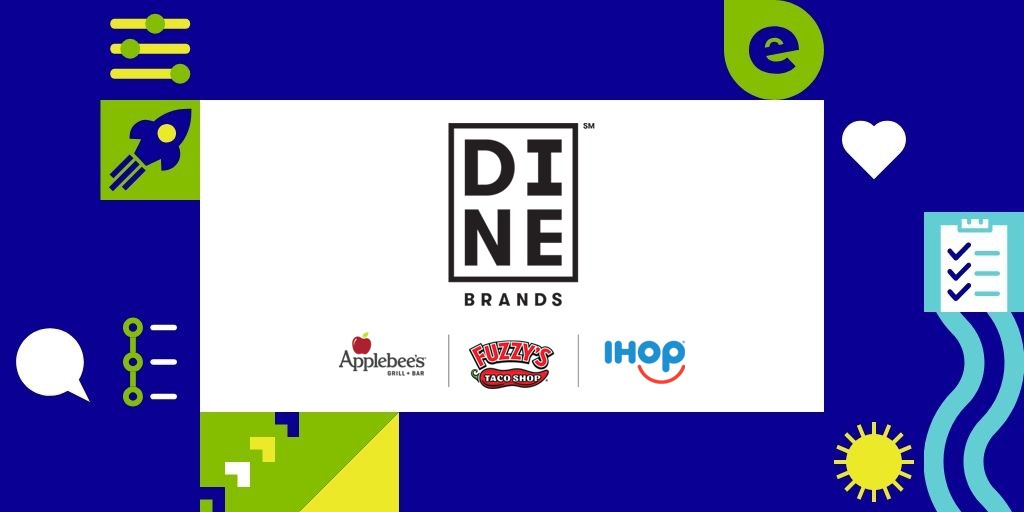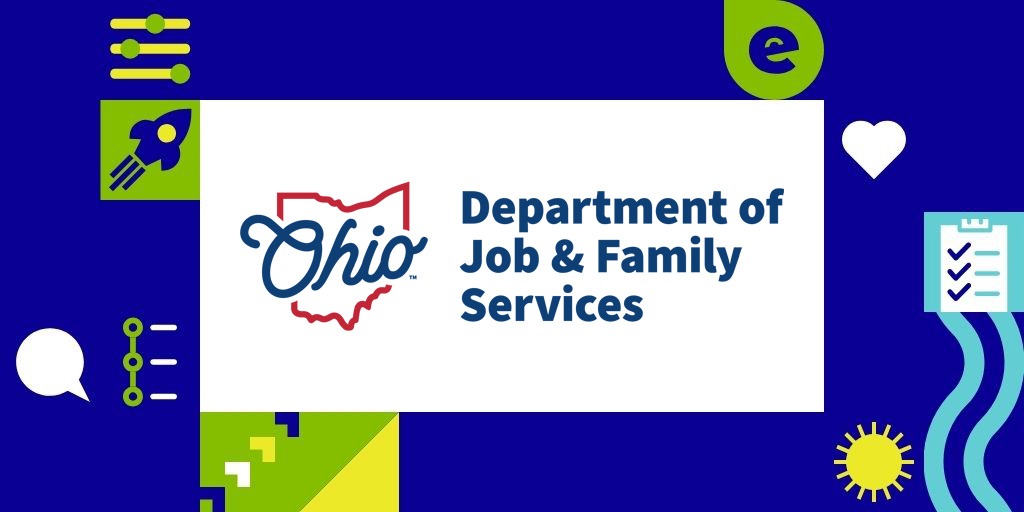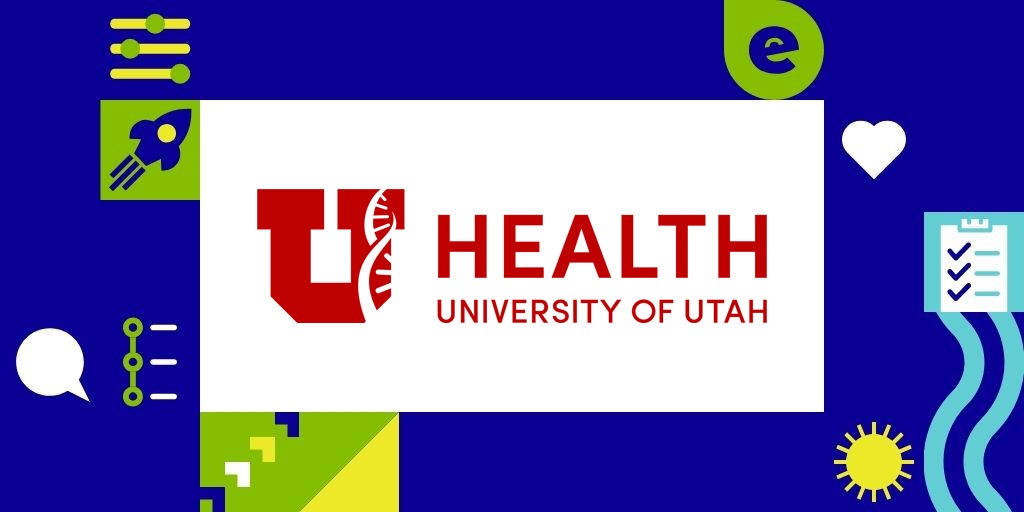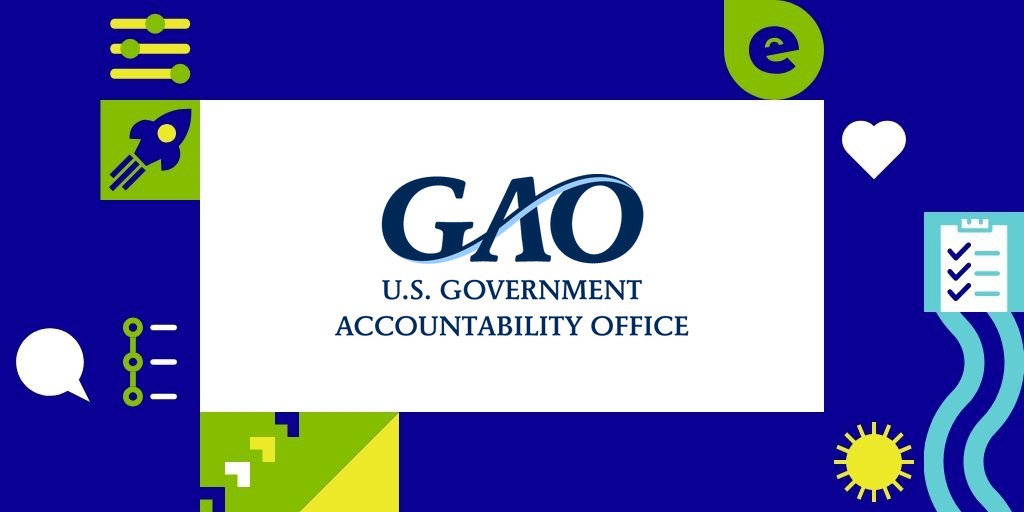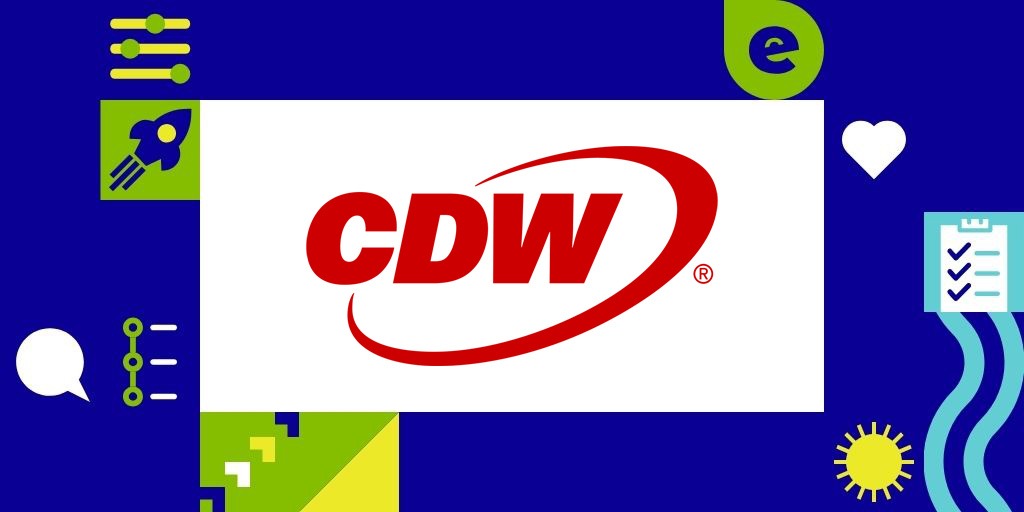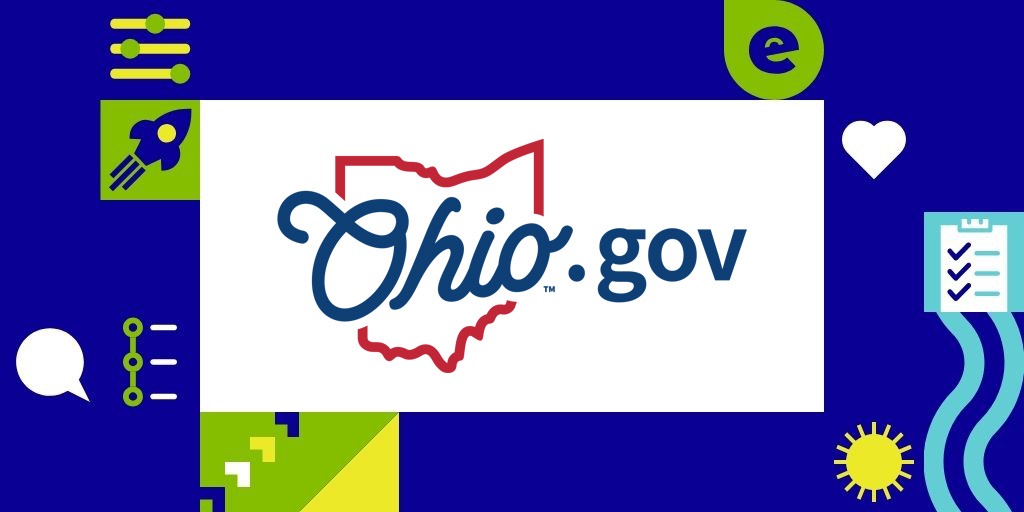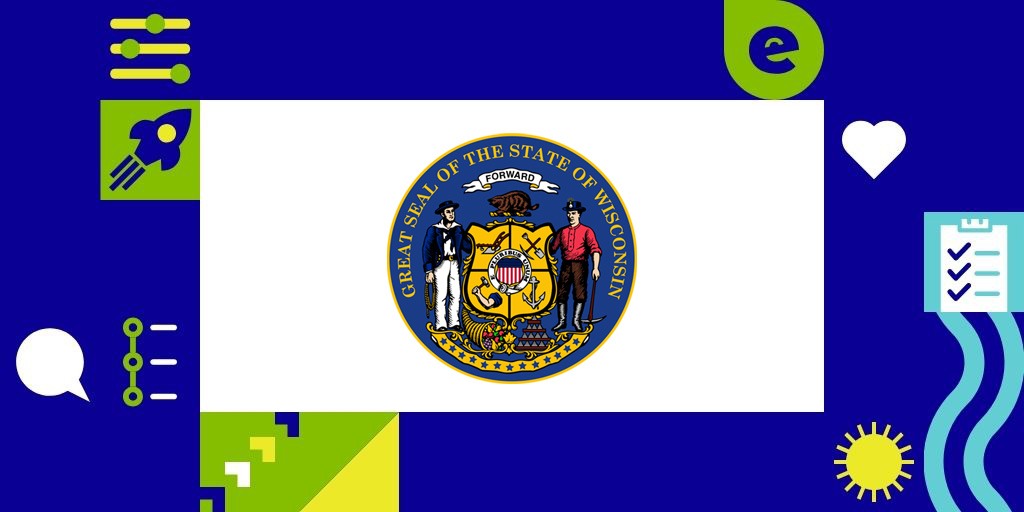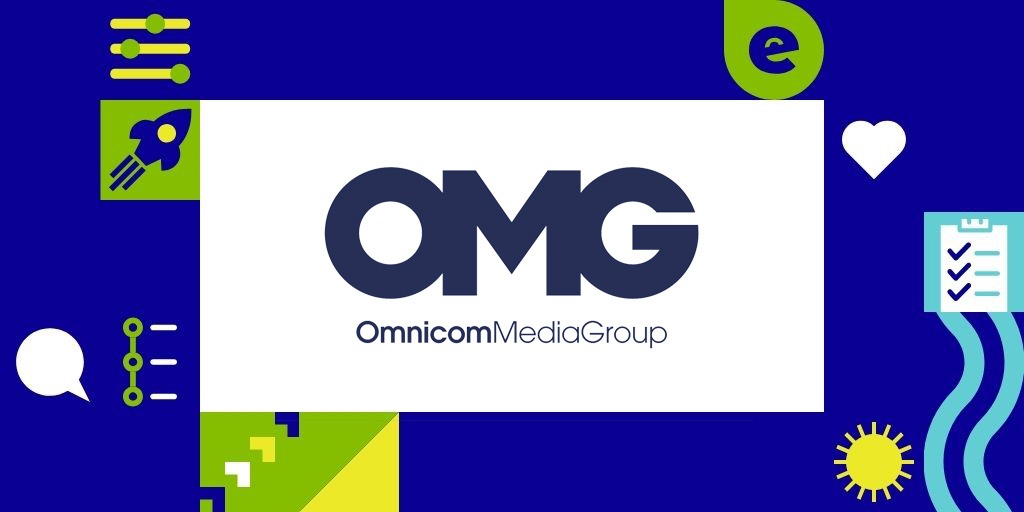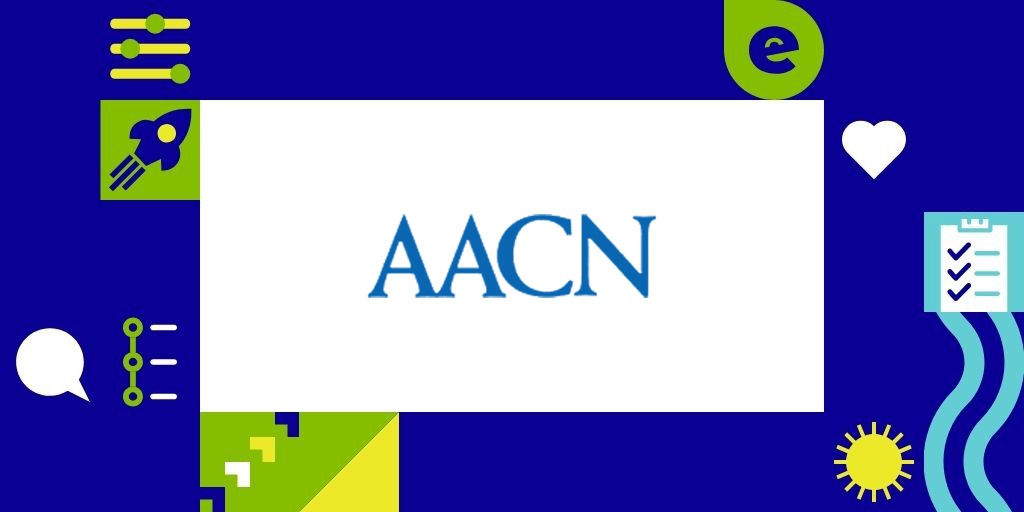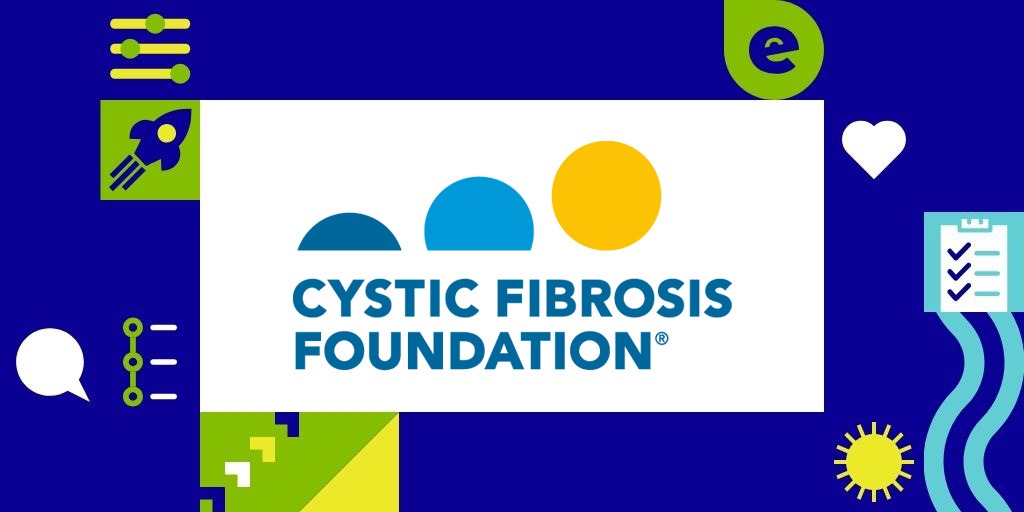Our expertise in action
Case Study
KLM Cargo: Enhancing Safety and Efficiency with Drillster’s Adaptive Learning Platform

Compliance and safety professionals aim to equip employees with the necessary tools and information for handling critical situations effectively. Yet, a widespread challenge is the implementation of these objectives. Many companies adopt a one-size-fits-all strategy, which fails to identify individual knowledge gaps and tailor content accordingly.
Relying solely on distributing process manuals, tracking policy update acknowledgments, and mandating online or in-person training sessions does not guarantee effective learning. This method not only detracts from productivity due to the extensive time employees spend in training and studying but also fails to engage them meaningfully.
Traditional training methods in compliance and safety often overwhelm employees by delivering too much information at once, leading to cognitive overload. Assessments, typically focusing on short-term memory, do not effectively measure learning or retention. Furthermore, when knowledge gaps are identified, they are seldom addressed in a timely manner, missing crucial chances for providing corrective insights.
KLM Cargo faced these same challenges. Their goal was to eliminate the stress and productivity losses associated with the preparation for recurring exams while ensuring each employee maintained a high proficiency in safety protocols. They sought a modern solution to accomplish this goal and turned to Drillster for help.
At a glance
Challenge
Balancing employee proficiency with operational demands, KLM Cargo sought to streamline the cumbersome process of recurrent face-to-face exams in the air cargo industry, aiming to ensure compliance with safety protocols while prioritizing employee well-being.
Solution
Addressing the need for sustainable knowledge retention and regulatory compliance, KLM Cargo implemented Drillster, an adaptive learning application, which offers microlearning modules and timely notifications to ensure continuous learning and up-to-date knowledge among air freight employees.
Number of users
> 60,000
Data
- 40% less time in training
- 80%-100% proficiency year-round
- Safety-related accidents decreased
In partnership with:
Drillster
Client challenge
Balancing employee proficiency with operational demands, KLM Cargo sought to streamline the cumbersome process of recurrent face-to-face exams in the air cargo industry, aiming to ensure compliance with safety protocols while prioritizing employee well-being.
Ensuring employee proficiency through recurrent exams has long been a significant challenge in the air cargo industry, placing substantial burdens on both companies and their personnel. For aviation companies like KLM Cargo, responsible for delivering 1.2 million tons of cargo to 457 destinations worldwide with a workforce of nearly 2,500, maintaining employee readiness is paramount. However, the traditional approach of mandatory face-to-face training sessions, followed by certification exams, proved stressful and time-consuming for all involved. Recognizing these challenges, KLM Cargo sought a more efficient and effective solution to ensure compliance with safety protocols and regulations while prioritizing employee well-being.
KLM Cargo encountered significant drawbacks with the traditional method of recurrent training and exams, including high costs, employee stress, and poor knowledge retention, prompting the search for a more efficient learning solution prioritizing retention and application.
The traditional method of recurrent training and exams presented numerous challenges for KLM Cargo. Firstly, it incurred significant costs associated with organizing face-to-face training sessions, including finding a location, training fees, and learning materials. Secondly, the exam process induced high levels of stress among employees who struggled to retain information not regularly used in their roles, leading to last-minute cramming and heightened anxiety. Additionally, frequent updates to rules and protocols resulted in employees only learning new information before exams, rather than applying it consistently. Recognizing the need for a more efficient and effective learning approach that prioritized knowledge retention, KLM Cargo embarked on a search for a solution.
The Solution
Addressing the need for sustainable knowledge retention and regulatory compliance, KLM Cargo implemented Drillster, an adaptive learning application, which offers microlearning modules and timely notifications to ensure continuous learning and up-to-date knowledge among air freight employees.
In response to the challenges posed by traditional training methods, KLM Cargo’s compliance and learning departments sought a more sustainable solution for knowledge and retention while ensuring compliance with regulations. The solution would also need to be approved by the Royal Dutch Constabulary. After extensive evaluation, KLM Cargo adopted Drillster, an adaptive learning application with a unique methodology that employs microlearning modules that adapt to users’ need, allowing them to retain and anchor their knowledge and requires only 5-10 minutes per session. Its adaptive nature targets areas of difficulty and notifies users before knowledge declines, facilitating continuous learning anytime, anywhere. Additionally, Drillster allows for easy updates to learning modules, ensuring employees are equipped with up-to-date knowledge and skills through smart assessment-based drills, multimedia resources, and realistic scenarios.
Results
Since the implementation of Drillster’s adaptive learning app 8 years ago, KLM Cargo has yielded significant benefits including cost savings, improved safety, and enhanced productivity.
Since implementing Drillster’s adaptive learning app in 2016, KLM Cargo has experienced significant positive outcomes, leading regulators to approve its use in lieu of traditional face-to-face training and recurrent exams. The results include:
- Cost and time savings: Employees benefit from increased efficiency, with 40% less study time and reduced need for classroom training.
- Reduced safety incidents: Instances of safety-related accidents decreased following the adoption of Drillster’s learning approach.
- Improved productivity and safety: Continuous learning ensures employees are well-equipped for their roles year-round, leading to enhanced operational performance and fewer accidents.
Enhanced governance: Drillster provides insight into employees’ knowledge levels, facilitating easier compliance monitoring and reporting to authorities. - Reduced stress: Employees can track their proficiency and engage in drills as needed, leading to improved confidence and reduced stress levels.
- Support from authorities: The authorities that evaluate the Employee Air Freight compliance program, The Royal Military Constabulary, and the Dutch intelligence services, AIVD, are very enthusiastic about the new way of continuous learning.
- Elimination of exams: Employees maintaining proficiency between 80% and 100% are exempt from face-to-face training and recurrent exams, with Drillster serving as a continuous compliance monitor.
Experience the eSkillz difference
Together, let’s make your success your reality.
Let eSkillz + Drillster help you modernize your learning process. Drillster ensures that each employee has the right knowledge, awareness, and skills to correctly perform their tasks. eSkillz offers launch expertise, content assistance, and platform support to help customers mitigate risks, minimize incidents, and ensure a safe work environment for all employees.
